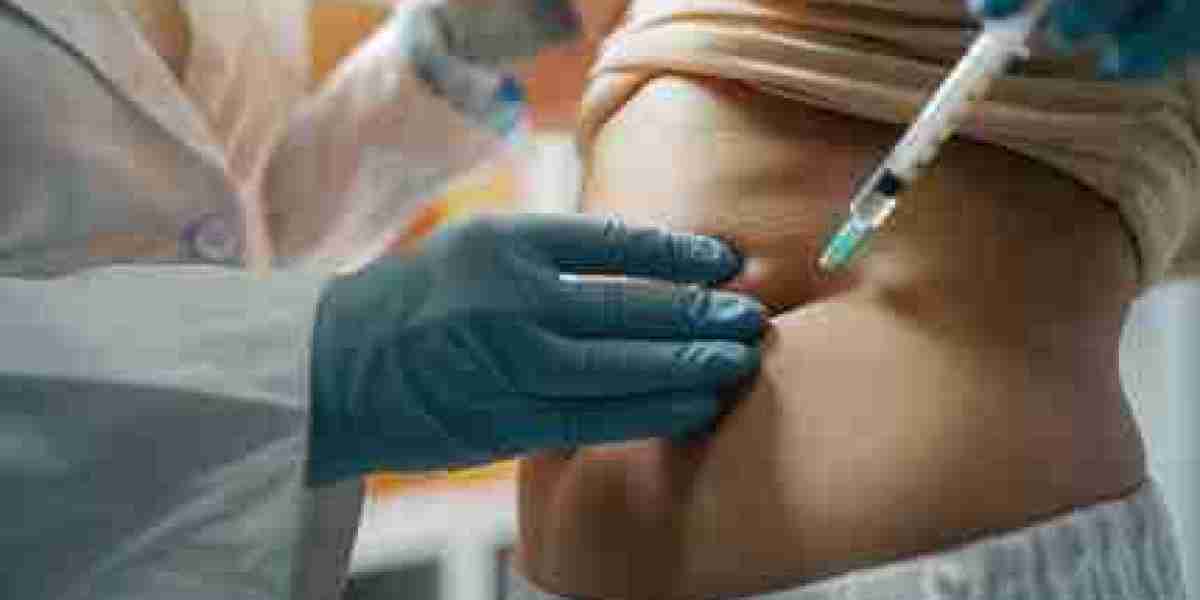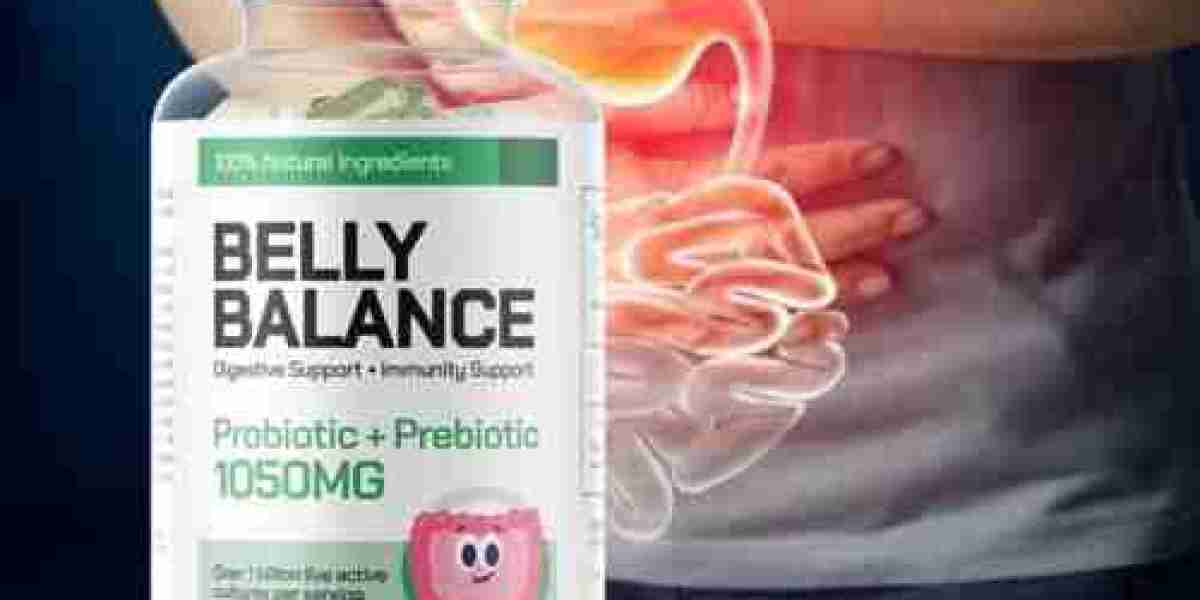Fat dissolving injections have become a popular option for individuals looking to eliminate stubborn fat from specific areas of the body without resorting to invasive surgery. These injectable treatments, such as those containing deoxycholic acid, effectively target and break down fat cells, resulting in a slimmer and more contoured appearance. However, like any cosmetic treatment, fat dissolving injections come with certain risks and potential side effects that patients need to understand before undergoing the procedure.
In this blog, we will explore the potential risks and side effects of fat dissolving injections, what you can expect during recovery, and how to manage any complications that may arise. Understanding these aspects is key to making an informed decision and ensuring the best possible results from your treatment.
Understanding Fat Dissolving Injections
Fat dissolving injections contain deoxycholic acid, a naturally occurring substance that aids in the breakdown and absorption of dietary fat. When injected into the fat layer of specific treatment areas, it disrupts fat cells, causing them to break down and gradually be eliminated by the body’s natural processes. Common areas treated include the double chin, flanks (love handles), inner thighs, and abdomen.
The treatment is minimally invasive, with no need for incisions or stitches, making it an appealing option for those seeking targeted fat reduction without the downtime and risks associated with surgical procedures like liposuction. However, despite its popularity, fat dissolving injections do come with certain risks that patients should be aware of.
Common Side Effects of Fat Dissolving Injections
Like any cosmetic treatment, fat dissolving injections can cause some temporary side effects, which are typically mild and resolve on their own. The most common side effects include:
Swelling and Bruising: One of the most common side effects after fat dissolving injections is swelling in the treated area. This is typically temporary and can last for several days to a week. Bruising may also occur due to the needle insertion, but it usually fades within a few days.
Redness and Tenderness: Patients may experience redness and tenderness at the injection sites immediately after treatment. This can be caused by the body’s natural inflammatory response to the injections and should subside within a few hours to days.
Numbness or Tingling: Some patients may experience temporary numbness or a tingling sensation in the treated area as a result of the injections. This is usually short-lived and disappears after a few days.
Lumps or Nodules: In some cases, small lumps or nodules may form in the treated area. These are typically caused by the breakdown of fat cells and should dissipate over time. If they persist or become painful, it’s important to consult with your practitioner.
Pain or Discomfort: While the procedure itself is relatively quick and minimally painful, some patients may experience discomfort during or after the injections. This discomfort is usually mild and can be managed with over-the-counter pain relievers, if needed.
Less Common but More Serious Side Effects
Though rare, there are some more serious side effects that patients should be aware of. These include:
Infection: As with any injection, there is a small risk of infection. Signs of infection include increased redness, swelling, warmth, or discharge at the injection sites. If any of these symptoms occur, it's important to seek medical attention immediately.
Asymmetry: In some cases, the results may not be evenly distributed, leading to an asymmetrical appearance. This can be addressed with additional treatments or corrections, but it’s important to choose a skilled practitioner who has experience in administering fat dissolving injections.
Nerve Damage: Although rare, there is a risk of nerve damage, which can lead to prolonged numbness or loss of sensation in the treated area. This can occur if the injections are administered incorrectly or if they are injected too deeply. A qualified practitioner can minimize this risk by ensuring the injections are placed in the correct layers of fat.
Severe Swelling or Ulceration: In extremely rare cases, patients may experience severe swelling or the formation of ulcers or open sores in the treated area. These are serious side effects that require prompt medical attention and may require medical intervention to treat.
Allergic Reactions: Though uncommon, some individuals may have an allergic reaction to the ingredients in fat dissolving injections. Symptoms of an allergic reaction may include swelling, rash, dizziness, or difficulty breathing. If these symptoms occur, it is crucial to seek immediate medical attention.
Managing Side Effects and Minimizing Risks
While the risks associated with fat dissolving injections are generally low, it’s important to follow your practitioner’s aftercare instructions carefully to minimize side effects and ensure the best results. Here are some tips for managing potential side effects and maximizing the effectiveness of the treatment:
Follow Post-Treatment Care Instructions: After receiving fat dissolving injections, your practitioner will provide specific aftercare instructions. These may include avoiding excessive physical activity, massaging the treated area, and using ice packs to reduce swelling. Following these guidelines will help minimize side effects and improve your results.
Give Your Body Time to Heal: It’s important to allow your body time to recover and eliminate the fat cells. Avoid touching or massaging the treated area excessively, as this could interfere with the natural healing process. Patience is key, as the full results of the treatment can take several weeks to become visible.
Monitor for Signs of Complications: While most side effects are mild and temporary, it’s important to keep an eye out for signs of complications. If you experience severe pain, infection, or persistent lumps or asymmetry, consult with your practitioner immediately. Early intervention can prevent further issues and help ensure the best results.
Choose an Experienced Practitioner: The skill and experience of the practitioner administering the injections play a significant role in minimizing risks and complications. Choose a qualified, experienced professional who is well-versed in fat dissolving injections to ensure that the procedure is performed correctly and safely.
Avoid Alcohol and Blood Thinners: To minimize the risk of bruising and swelling, avoid consuming alcohol and taking blood-thinning medications like aspirin or ibuprofen before and after the procedure. Always follow your practitioner’s advice on what medications or substances to avoid.
When to Seek Medical Attention
While most side effects of fat dissolving injections are mild and temporary, there are certain signs that require medical attention. If you experience any of the following, contact your healthcare provider immediately:
- Severe pain, swelling, or redness that doesn’t subside after a few days
- Signs of infection (pus, fever, chills)
- Persistent or worsening lumps or nodules
- Unusual changes in skin color or texture
- Difficulty breathing or other signs of an allergic reaction
Conclusion
Fat dissolving injections are an effective and minimally invasive option for reducing stubborn fat in targeted areas. While most patients experience only mild side effects, it’s important to be aware of the risks and potential complications that can arise. By choosing an experienced practitioner and following post-treatment care instructions, you can minimize the risks and ensure the best results from your fat dissolving injection treatment.






